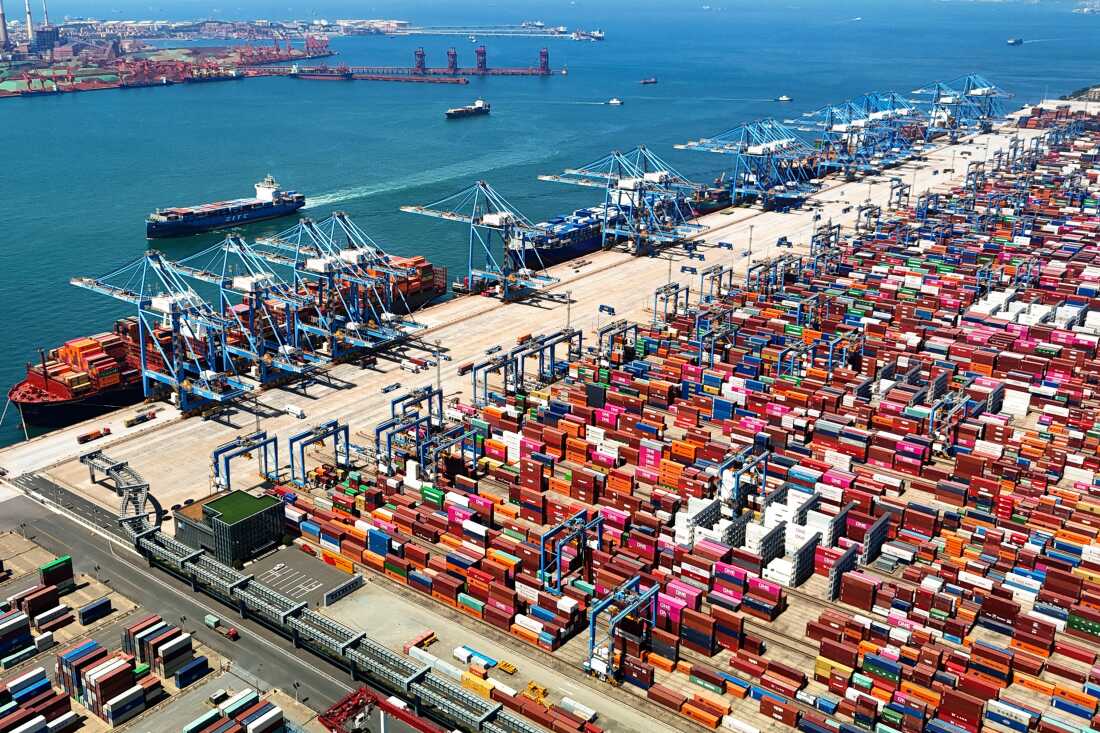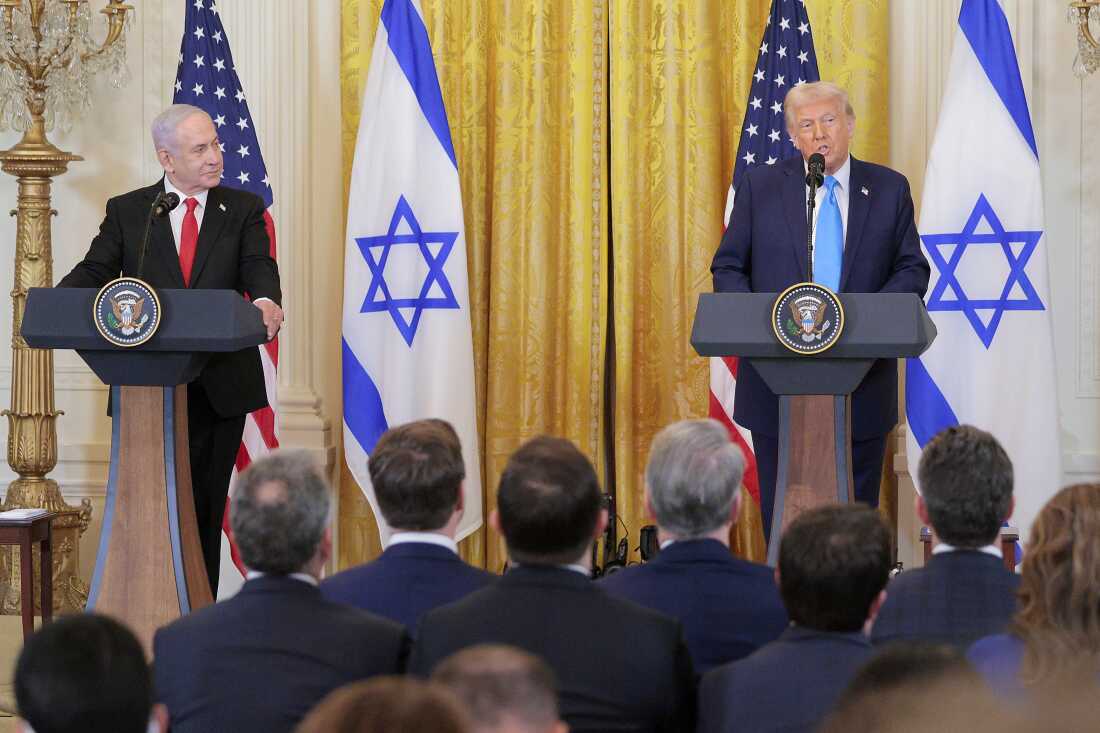
China has issued a powerful rebuke to President Donald Trump’s latest tariff threat, declaring that it will “stand firm” and respond with “strong countermeasures” if the U.S. moves forward with plans to impose 100% tariffs on Chinese imports.
The sharp exchange comes as relations between the world’s two largest economies once again teeter on the edge of a full-blown trade war, reigniting fears of global market disruption and supply chain instability.
Beijing: “We Are Not Afraid of a Trade War”
In an official statement, the Chinese Ministry of Commerce warned that Beijing “does not want a tariff war, but is not afraid of one.” The ministry urged Washington to pursue “dialogue and cooperation” rather than confrontation, but made clear that China will defend its legitimate interests at all costs.
Beijing’s reaction follows Trump’s announcement that his administration is preparing to slap 100% tariffs on all Chinese-made goods, accusing China of manipulating markets, unfair trade practices, and tightening rare earth export controls—materials essential for high-tech manufacturing and defense systems.
“If China continues restricting rare earth exports, we will respond with maximum tariffs,” Trump told reporters, adding that the U.S. would “no longer be taken advantage of.”
Rare Earths at the Center of the Clash
China’s recent decision to restrict exports of rare earth minerals, key components in electronics, electric vehicles, and missiles, has angered Washington. U.S. officials claim the move is designed to pressure American manufacturers and gain leverage in trade talks.
Analysts warn that Trump’s 100% tariff threat could further strain global supply chains, drive up consumer prices, and force U.S. companies to rethink sourcing strategies.
Meanwhile, Beijing is reportedly considering targeted retaliation, including tariffs on American agricultural products, stricter regulations on U.S. firms in China, and curbs on tech exports to the U.S.
U.S. Defends the Tariff Move
The Trump administration insists the proposed tariffs are aimed at restoring economic fairness and protecting U.S. industries. Vice President JD Vance echoed Trump’s stance, saying the U.S. “cannot remain dependent on a hostile power for critical materials.”
Despite the tough talk, Trump hinted at potential flexibility, suggesting that tariffs could be reconsidered if China shows ‘constructive engagement’ in negotiations.
Global Markets React
The announcement triggered volatility in Asian and European markets, with investors bracing for another round of trade uncertainty reminiscent of the 2018–2019 U.S.–China trade war. Economists fear that if tensions escalate, it could slow global growth and further strain supply chains already hit by inflation and geopolitical conflict.
Beijing, however, appears resolute. “China has overcome external pressure before and will do so again,” state media declared, portraying Trump’s move as “economic coercion that will ultimately hurt the U.S. itself.”
A Renewed Trade War Looms
While both sides publicly deny wanting a confrontation, neither seems willing to back down. Trump’s aggressive tariff proposal and China’s defiant response have set the stage for another high-stakes economic showdown—one that could reshape global trade relations for years to come.
Watch video below :









